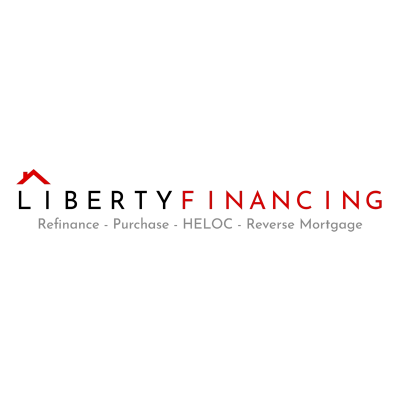Should You Finance Or Pay Cash for Your Car? Factors to Consider
Navigating the decision between financing or paying cash for a car can be complex. This article delves into the critical factors to consider, offering insights from seasoned financial experts. Unveil the practical implications of each option to make an informed choice that aligns with personal financial goals.
- Pay Cash for Financial Freedom
- Finance Strategically for Cash Flow Management
- Finance for a Better Car
- Balance Costs and Financial Growth
Pay Cash for Financial Freedom
If I could go back, I'd choose to pay cash for my car without hesitation. Financing might seem convenient, but the extra interest and monthly payments add unnecessary financial stress. When I financed a vehicle in the past, I quickly realized that the total cost was much higher than the sticker price due to interest and fees.
Paying cash eliminates debt, gives full ownership from day one, and removes the hassle of dealing with lenders. It also provides negotiating power-dealerships are often willing to lower the price when they know you're paying upfront. The biggest factor influencing my decision is financial freedom-owning the car outright means no monthly payments eating into cash flow, allowing for smarter investments elsewhere. If the goal is long-term savings and peace of mind, cash is the way to go.

Finance Strategically for Cash Flow Management
Looking back, I would still choose to finance my car rather than pay cash, but with a more strategic approach. The decision ultimately comes down to cash flow management, interest rates, and opportunity cost.
At the time, financing made sense because interest rates were low, allowing me to keep more cash on hand for other investments and unexpected expenses. Instead of tying up a large sum in a depreciating asset, I was able to put that money to work elsewhere. However, if interest rates had been significantly higher, I might have reconsidered and paid in cash to avoid unnecessary debt.
If I could do it over, I'd focus even more on negotiating both the loan terms and the car price to maximize savings. For anyone making this decision, I'd recommend weighing the cost of financing vs. potential investment returns, your cash flow, and whether keeping liquidity is a priority.

Finance for a Better Car
I paid cash for my last car but I'm going to finance my next one. I used to be very much in the 'debt is bad' mindset and, when I bought, I had a good cushion of savings to fall back on. I got lucky and the second-hand car I bought has been very reliable, but I've seen plenty of friends who have had very bad luck with used cars. One has spent three times the purchase price on repairs in the following two years and another had theirs written off six months after buying it.
Now I've grown up a little, I can see the value in getting car financing. The most important is it allowing you to buy a better car up front. It follows Terry Pratchett's boots theory. If you can afford to buy nice boots, you'll have warm comfy feet for years to come. If you can only buy cheap ones, you'll have wet, cold feet and have to replace them every year -- overall costing yourself more money for an inferior experience.
Buying a new car on financing means I'll be able to get a nicer car, spend less on repairs and have fewer worries for myself and my family.

Balance Costs and Financial Growth
As the Founder/CEO and Wealth Advisor of Wealth Solutions 360, I always emphasize the importance of making thoughtful financial decisions that align with one's broader financial picture. Every financial choice we make, whether large or small, plays a crucial role in shaping our overall financial health. When deciding whether to finance or pay cash for a car, several key factors would influence my choice, including interest rates, cash flow, and long-term financial goals.
Interest rates are a significant consideration—if financing offers a low rate, it can be an attractive option, allowing me to leverage borrowed money while keeping my cash available for higher-return investments. Maintaining liquidity is often essential, especially when opportunities arise that could generate more value than the cost of financing. For example, if the interest on the car loan is low, investing my cash in a well-performing portfolio could yield greater returns over time.
However, financial simplicity and debt reduction are also vital considerations. Paying cash for a car would eliminate interest payments and ensure full ownership from day one, providing peace of mind with no monthly obligations. This option can be particularly appealing when aiming to minimize debt or avoid long-term financial commitments.
Ultimately, the decision comes down to balancing costs, flexibility, and financial growth. At Wealth Solutions 360, I encourage clients to consider their unique financial circumstances, investment opportunities, and personal comfort with debt when making such decisions. Whether choosing to finance or pay cash, the key is to ensure that each decision supports one's broader financial goals and enhances long-term financial well-being.


